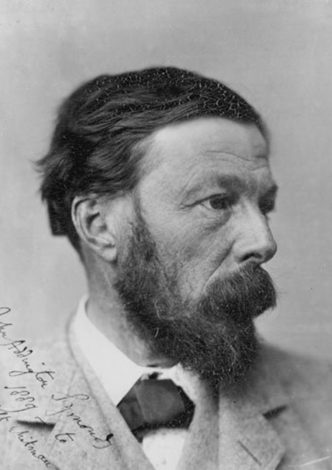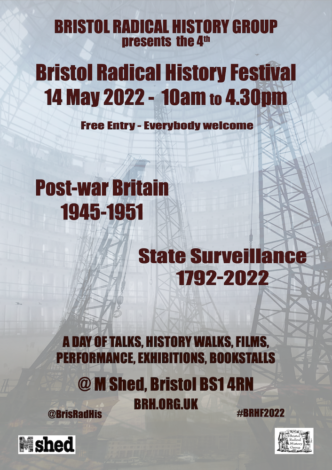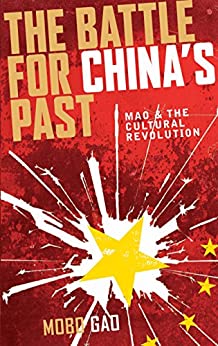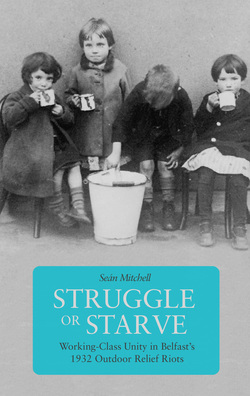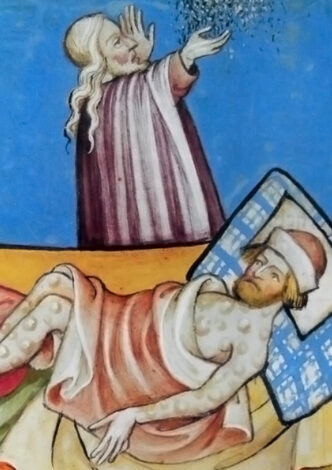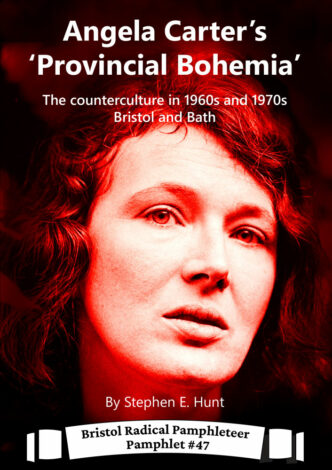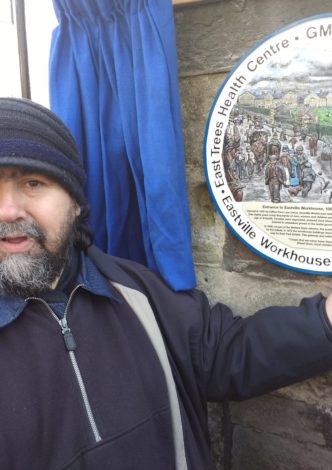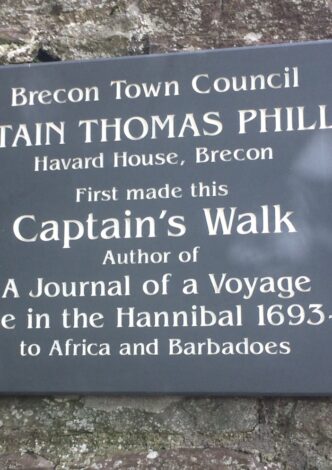A brief note about John Addington Symonds
By Philip Kuhn
I have been interested, for some time now, in the writings of John Addington Symonds (1840-1893) mainly because of my researches into the legal censoring and subsequent bibliographical history of Volumes 1 and 2 of Havelock Ellis’s six volume Studies in the Psychology of Sex [Studies]. Symonds collaborated with Ellis on Sexual Inversion (homosexuality), which was originally Volume 1 of Studies and that volume is now considered an important if not foundational text in the early history of […]


